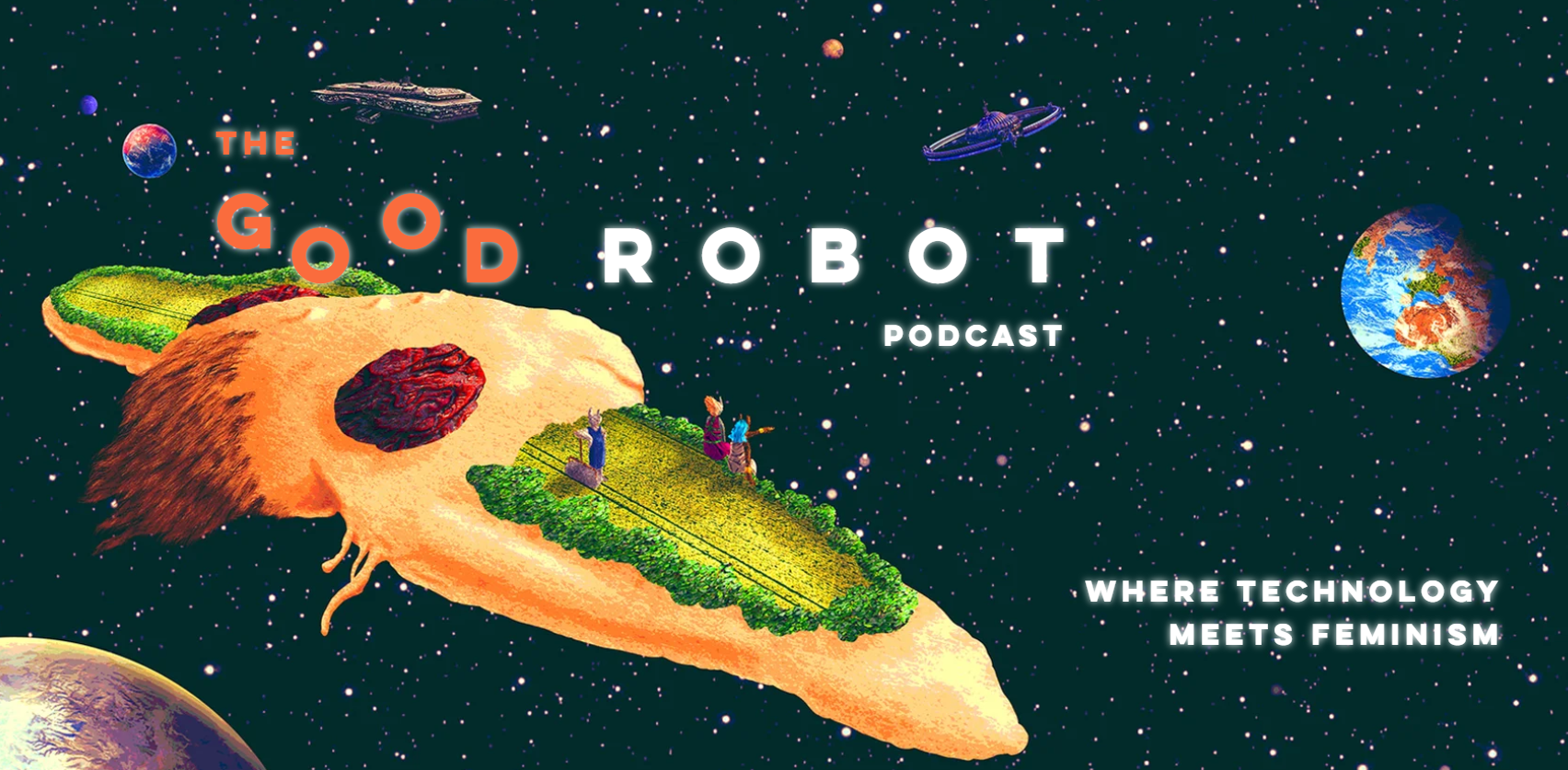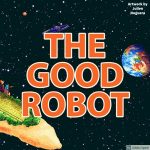
ΑΙhub.org
The Good Robot Podcast: featuring Mar Hicks on the unexpected history of computing

Hosted by Eleanor Drage and Kerry Mackereth, The Good Robot is a podcast which explores the many complex intersections between gender, feminism and technology. In this episode, Mar Hicks talks about the unexpected history of computing.
Mar Hicks on the unexpected history of computing
In this episode, we talk to Mar Hicks, an Associate Professor of Data Science at the University of Virginia and author of Programmed Inequality: How Britain Discarded Women Technologists and Lost its Edge in Computing. Hicks talks to us about the lessons that the tech industry can learn from histories of computing, for example: how sexism is an integral feature of technological systems and not just a bug that can be extracted from them; how techno-utopianism can stop us from building better technologies; when looking to the past is useful and when it’s not helpful; the dangers of the ‘move fast and break things’ approach where you just build technology just to see what happens; and whether regulatory sandboxes are sufficient in making sure that tech isn’t deployed unsafely on an unsuspecting public.
Listen to the episode here:
Mar Hicks is a historian of technology, gender, and labor, specializing in the history of computing. Hicks’s book, Programmed Inequality (MIT Press, 2017) investigates how Britain lost its early lead in computing by discarding the majority of their computer workers and experts–simply because they were women. Their current project looks at transgender citizens’ interactions with the computerized systems of the British welfare state in the 20th century, and how these computerized systems determined whose bodies and identities were allowed to exist. Hicks’s work studies how collective understandings of progress are defined by competing discourses of social value and economic productivity, and how technologies often hide regressive ideals while espousing “revolutionary” or “disruptive” goals. Hicks is also co-editing a volume on computing history called Your Computer Is On Fire (MIT Press, 2020). They run the Digital History Lab at Illinois Tech and maintain a site about their research and teaching.
For the reading list and transcript for this episode, visit The Good Robot website.
About The Good Robot Podcast
Dr Eleanor Drage and Dr Kerry Mackereth are Research Associates at the Leverhulme Centre for the Future of Intelligence, where they work on the Mercator-Stiflung funded project on Desirable Digitalisation. Previously, they were Christina Gaw Postdoctoral Researchers in Gender and Technology at the University of Cambridge Centre for Gender Studies. During the COVID-19 pandemic they decided to co-found The Good Robot Podcast to explore the many complex intersections between gender, feminism and technology.










